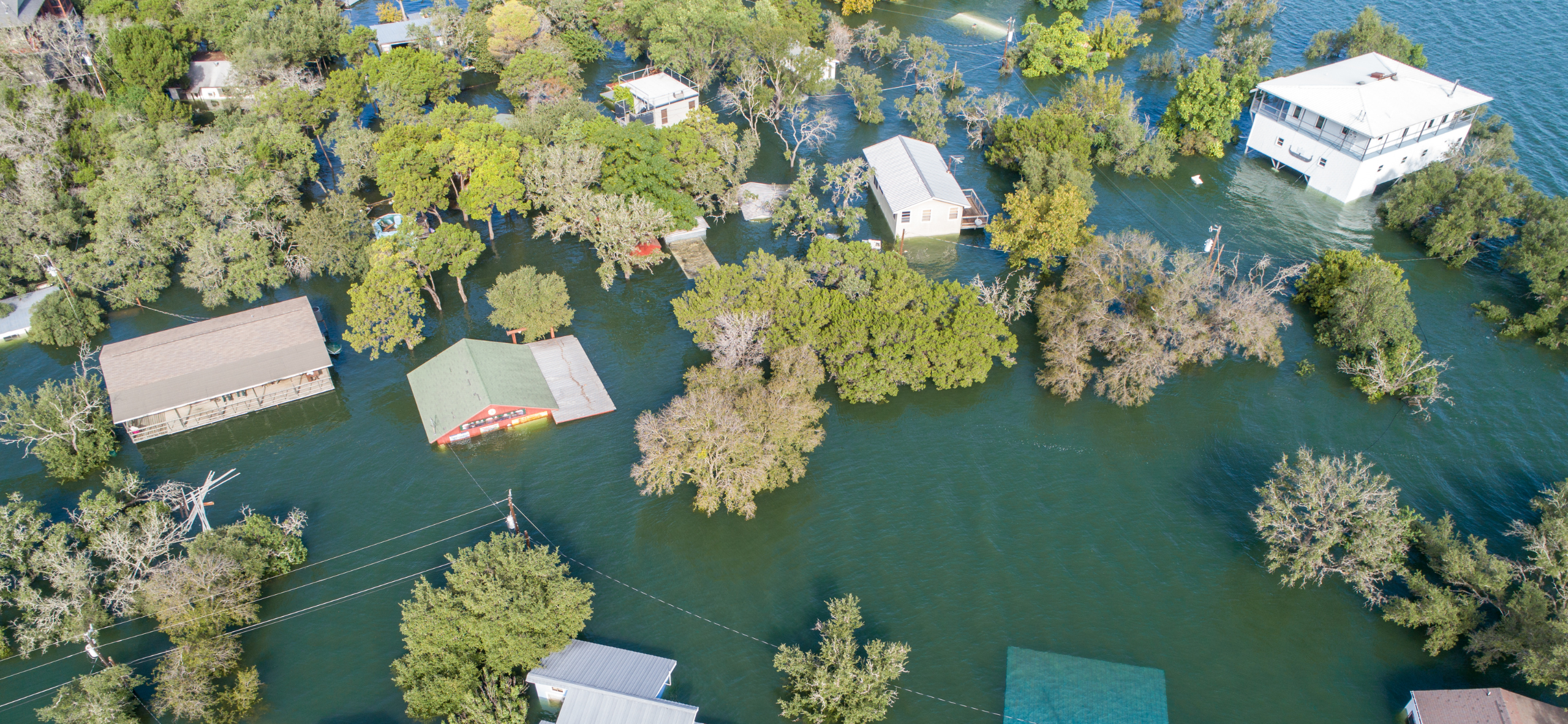
NCEL Blog
Flooding Resiliency
December 19, 2023
Flooding Has Increased in Recent Years
Climate change has had major impacts on the Earth’s water cycle, resulting in changing frequency and intensity of weather events and natural disasters across the nation and the world. Increased flooding results in damages to agricultural operations and infrastructure essential to everyday life such as homes or roads.
Certain regions such as parts of the Northeast and Midwest may see increased size and frequency of river flooding, which generally coincide with changes in the occurrence of heavy rainfall events. Recent precipitation models show that 1-in-100 year flooding can now be expected every eight years in some areas. What’s more, the damage from annual flood losses is estimated to be more than $20 billion—these losses are doubling per decade.
State Action on Flooding Resiliency
States across the country, including Virginia, Minnesota, New Jersey, Colorado, Florida, Indiana, Wisconsin, and Illinois have all taken steps to address flooding in their communities.
Major actions being taken by states include:
- Technical Assistance: Creating structures that promote training and education on flooding management
- In 2023, Indiana revised its Flood Control Act to require mandatory training for floodplain managers with the option to obtain certification.
- Funding Assistance: Establish funds or grant programs addressing flooding
- Rethinking Land Use: Assessing codes, standards, and land use to account for flooding
- Flooding Disclosure Laws: Increasing efficacy and prevalence of flooding disclosure laws for consumers
- More than a third of States lack adequate laws and regulations that notify homebuyers of a home’s propensity to flood.
- The National Flooding Insurance Program (NFIP) can assist in notifying homeowners and buyers of flooding risk while providing low-cost flooding insurance.
Bill Spotlight: New Jersey’s Clean Stormwater and Flood Reduction Act
In New Jersey, legislators passed the 2019 Clean Stormwater and Flood Reduction Act which recognizes a lack of infrastructure to manage flooding and stormwater abundance especially as they pertain to human health and activity. The Act authorizes but does not require the creation of stormwater utilities to better track and manage stormwater. Funds for managing stormwater and flooding are generated through runoff fees or stormwater utilities for various properties, thus eliminating the need to use taxpayer funding for management.
Overall, the Act aims to improve stormwater and flooding management infrastructure, reduce water pollution, reduce flooding, establish a base of funding for stormwater and flooding management, and protect the greater public health. The Clean Stormwater and Flood Reduction Act serves as a great example of how state legislators can create lasting change for their communities.
Looking Ahead
Climate change will only make the impacts of flooding more acute in the coming years. Various legislation is being proposed throughout the United States, both on a local and federal level, aiming to better prepare communities for the damage that inevitably comes with flooding, and especially during the climate crisis.
For instance, the National Ocean and Atmospheric Administration has identified pathways for building climate resilience, including flooding preparedness, with focuses on building a climate-ready workforce or establishing grant funding for Action and Adaptation plans that states can implement to mitigate their environmental risks.
Learn More About Flooding
- EPA’s National Stormwater Calculator promotes the natural movement of water
- NCEL’s Flood Resilience Web Page